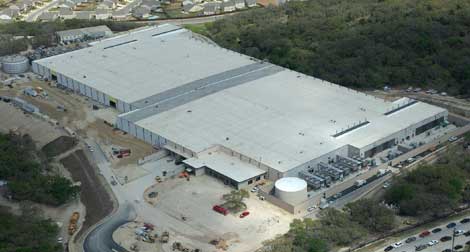Lithium-ion Battery Prices Expected to Plunge 60 Percent by 2020
With Lithium-ion battery prices expected to plunge by 60 percent, small- and mid-sized data centers might be more apt to switch technologies.
September 1, 2015

We know that technology behemoths like Microsoft and Facebook have successfully implemented lithium-ion battery systems in their data centers, but for small- or mid-sized facilities, they are often cost prohibitive.
That may change drastically over the next five years, according to a recent study by Australian consultancy AECOM. Although the report indicated that all battery technologies are likely to drop in price over that period, Li-ion types may experience the largest dip of all - 60 percent - by 2020.
In other words, Lithium-ion batteries could drop from $550 per kilowatt hour (kWh) in 2014 to $200 per kWh by 2020. This could make more than a few data center managers consider making the switch from traditional lead-acid batteries to those with higher energy density, minimal maintenance and longevity.
In a data center environment, these benefits translate into savings in space, weight and replacement that directly contribute to the bottom line. Li-ions make it possible to get 6kW of power in a rack in a 2U package, weighing less than 100lbs. Higher cycle life means a lithium-ion UPS can last up to seven years without service.
Microsoft says its Lithium-ion battery system is five times cheaper than traditional UPSes. They also take up 25 percent less floor space because they’re installed directly within the server racks, reported PC World in an article.
Read more about:
Meta FacebookAbout the Author
You May Also Like

.jpg?width=300&auto=webp&quality=80&disable=upscale)




